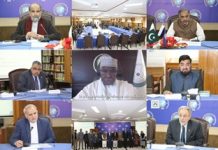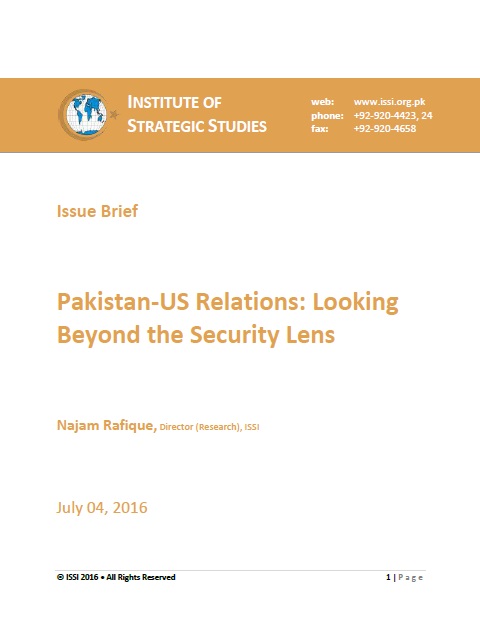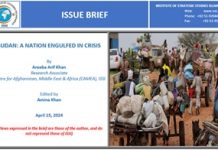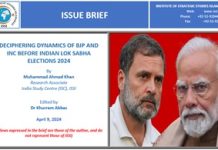In the background of growing challenges in bilateral relations between Pakistan and the US, a four-member bipartisan US Senate delegation led by Senator John McCain visited Pakistan on July 2, 2016. Other members of the delegation included Senator Lindsey Graham, Senator Joseph Donnelly and Senator Benjamin Sasse. In their meetings with the civil and military leadership in Pakistan, the Senators recognised the need for greater contact between Pakistan and the US and to work together to address the regional and global challenges. Both sides acknowledged the importance of continued cooperation and that “the relationship would retain its vigour in the years ahead.” Even as the delegation appreciated the success of Pakistan’s counterterrorism campaign, it held out assurances to “brief the US Congress appropriately for continued US support to Pakistan in its efforts towards economic development and complete eradication of terrorism from the country.”
The visit by the US Senators came at the heels of the refusal by the US Congress on May 3, 2016 to subsidise the sale of 8 F-16s to Pakistan under its Foreign Military Financing (FMF) programme. The Congress cited conditions associated with the release of appropriated foreign assistance funds which include a certification by the President, the Secretary of State or the Secretary of Defence that among others conditions, Pakistan is cooperating with the United States in combating terrorist networks and securing its nuclear weapons. Memories of the late 1980s including the Pressler, Symington and Brownback Amendments came flooding back as Pakistan took up the issue with the US officials. The issue has also become a sore point with the US continued support for India’s membership to the Nuclear Suppliers Group (NSG).















